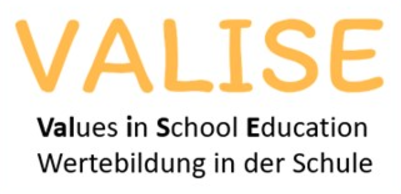Authors:
Oeschger, T. P., Makarova, E., & Döring, A. K
Goal of the study:
This study analysed the values embedded in the Swiss national curriculum and compared them to the values that teachers perceived as being promoted in their schools.
Findings:
We found that the Swiss national curriculum emphasised self-direction, stimulation, and universalism, highlighting the importance of intellectual curiosity, exploration, and respect for others among students.
Teachers, however, reported that the dominant values in their schools were security, conformity, and benevolence, reflecting a focus on stability, order, and cooperation.
So there was a mismatch between the values outlined in the curriculum and the values that are promoted within the school environment. So schools and teachers may have find it challenging to promote the values emphasised in the national curriculum.
This study took place during the disruption of the COVID-19 pandemic, which may have led to promoting security and stability instead of the curriculum’s values.
Implications for Educators:
Policy and Curriculum Level
Providing clear guidance and resources to help schools align educational practices with values highlighted in curricula will ensure that values that are considered desirable, such as self-direction and universalism, are well understood and effectively promoted.
School Level
Schools may regularly evaluate their internal culture to identify gaps between the curriculum’s intended values and those reinforced in daily practice.
Understanding that unforeseen external factors such as the COVID-19 pandemic can shift focus onto different values within an educational environment can provide valuable insights into value change over time.
Classroom Level
Equipping teachers with sufficient training and tools to recognise and promote curricular values such as those related to intellectual curiosity and exploration, while also addressing immediate needs like stability and cooperation may lead to more effective values education in the classroom.
